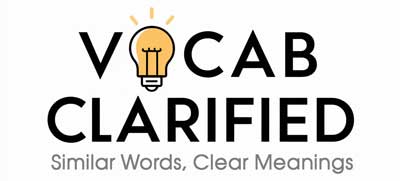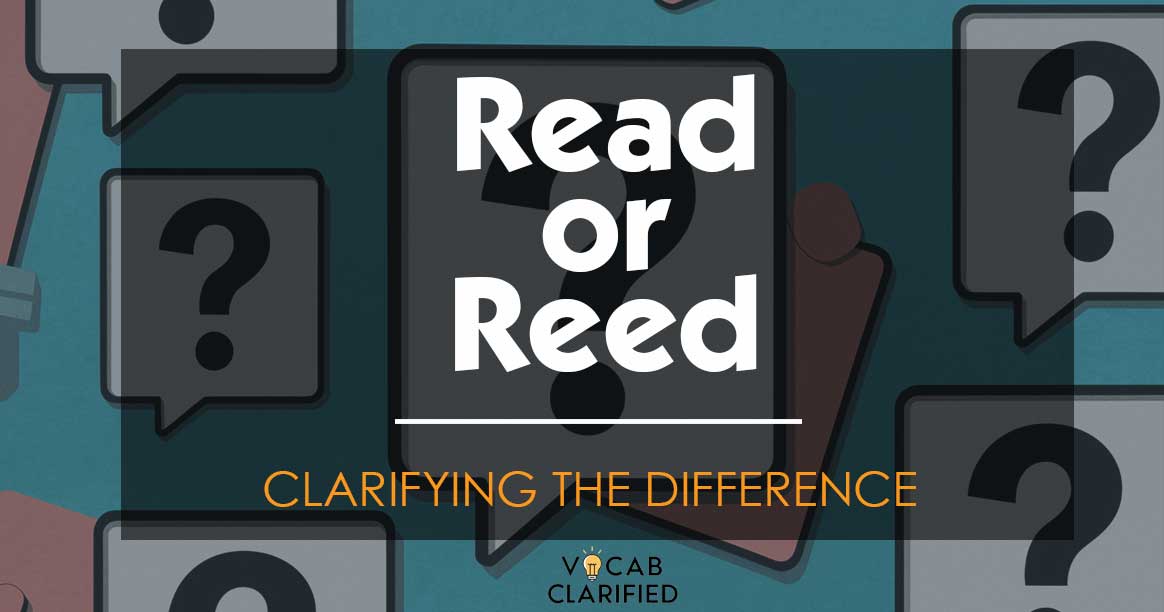Have you ever paused mid-conversation, uncertain whether to use “read” or “reed”? It’s a common confusion, as these homophones sound identical but have very different meanings.
This guide will clear up the confusion between “read” and “reed,” helping you navigate both written and spoken language with confidence.
Understanding Read And Reed
Read: Definition and Usage
“Read” is a verb typically used to describe the act of interpreting and understanding written or printed language. It is a key part of communication in both formal and informal settings.
For example:
- “I love to read novels on the weekend.”
- “Have you read the latest report?”
“Read” is also an irregular verb, with its present tense being “read” (pronounced like “reed”) and past tense being “read” (pronounced like “red”). This unique pronunciation difference can often lead to confusion.
Reed: Definition and Usage
“Reed,” on the other hand, is a noun that refers to a type of tall, slender plant found in wetlands. Reeds are commonly seen along riverbanks and lakes.
Additionally, “reed” is a key component in woodwind instruments like the saxophone and clarinet, where it vibrates to produce sound.
For instance:
- “The marsh was full of tall reeds swaying in the wind.”
- “She replaced the reed in her clarinet before the performance.”
Side-by-Side Comparison
| Aspect | Read | Reed |
| Definition | To interpret written language | A tall, slender grass-like plant |
| Common Usage | “I read a book yesterday.” | “Reeds grew along the riverbank.” |
| Key Differences | Verb related to literacy | Noun related to nature or music |
When deciding between “read” and “reed,” consider the context. If you’re referring to the act of understanding written content, “read” is the appropriate term. However, if you’re talking about plants or musical instruments, “reed” should be your choice.
Everyday Usage Examples
Here are some examples of how “read” and “reed” fit into everyday language:
- Read: “She plans to read all the classic novels this summer.”
- Reed: “The ducks were hiding in the reeds by the lake.”
- Read: “Have you read the email from your boss?”
- Reed: “The musician replaced the broken reed in his saxophone.”
- Read: “He likes to read historical documents in his free time.”
- Reed: “The reeds create a beautiful natural barrier along the river.”
Conclusion
In summary, “read” and “reed” may sound the same, but their meanings are entirely different. “Read” is all about interpreting written language, while “reed” refers to a plant or a musical instrument part.
Remember to choose the term that best fits the context to avoid confusion.

